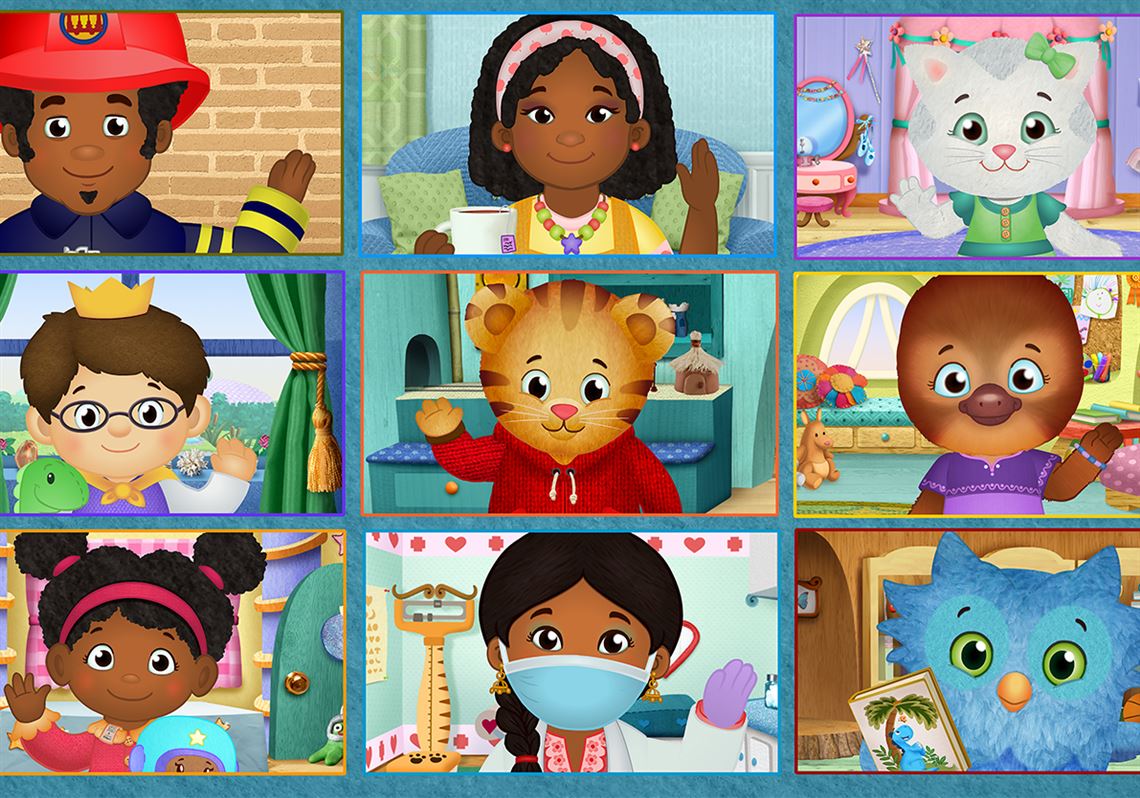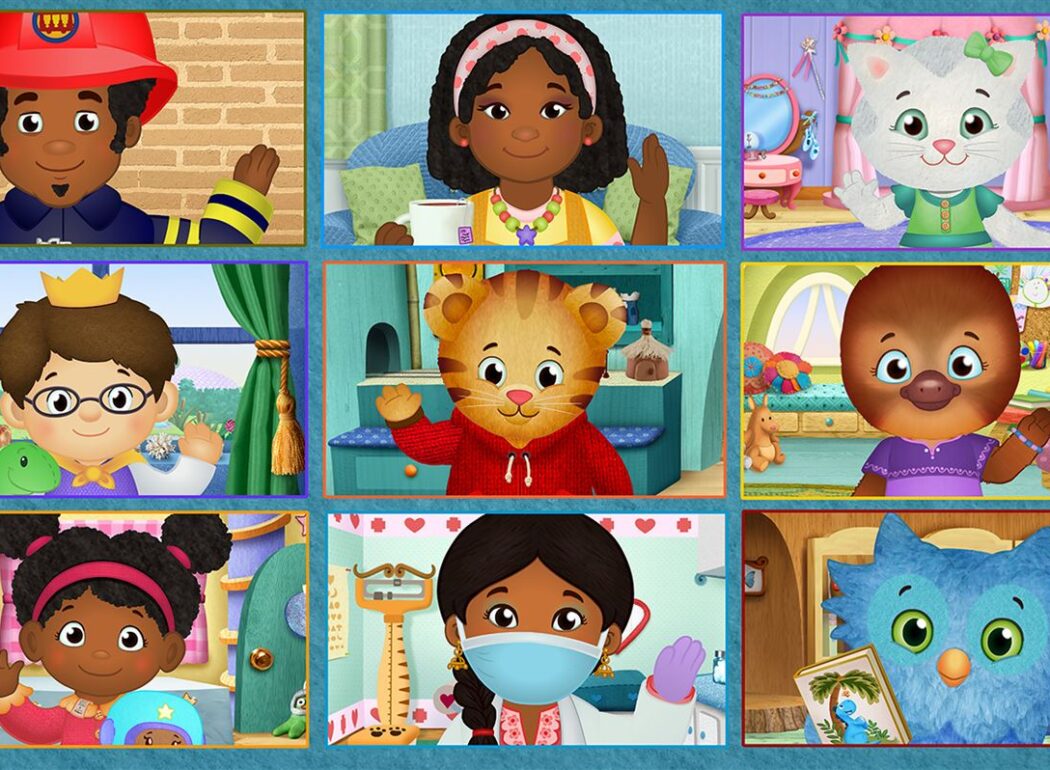A recent study by Eric E. Rasmussen et al. tried to determine the level to which Daniel Tiger’s Neighborhood teaches children to use empathy responses at appropriate times. Let’s break it down:
Social and emotional development has consistently predicted children’s success in kindergarten (and beyond). As Mister Roger’s Neighborhood focused on social development, its ridiculously cute successor, Daniel Tiger’s Neighborhood, focuses its curriculum on social-emotional development.
 One major focus of the study that we need to focus on is active mediation. We always try to encourage parents to participate in co-viewing, which is simply watching quality programming with their kids, but active mediation takes the process a step further. Active mediation is adult-child discussion of programming. Active mediation has been found to help children understand the important parts of the program, the overall message, and difference between fiction and non-fiction.
One major focus of the study that we need to focus on is active mediation. We always try to encourage parents to participate in co-viewing, which is simply watching quality programming with their kids, but active mediation takes the process a step further. Active mediation is adult-child discussion of programming. Active mediation has been found to help children understand the important parts of the program, the overall message, and difference between fiction and non-fiction.
To take it even further, we can engage in what the researchers call positive mediation, which is the active mediation where the adult actively praises and endorses the program being watched. In this study, the researchers wanted to see if active and positive mediation would increase the levels of empathy being taught.
Let’s move on to the method:
The researchers used two different DVDs for the study: one had ten episodes Daniel Tiger’s Neighborhood, and the other had a nature documentary. The researchers collaborated with a producer on Daniel Tiger to choose the episodes of the show.
There were four groups:
- The active mediation group. Parents watched Daniel Tiger with their kids and discussed the show as much as possible over the next few weeks.
- The co-viewing group. Parents in this group watched Daniel Tiger with their kids but didn’t discuss it afterward.
- The viewing alone group. Kids watched Daniel Tiger in this group without any adults.
- The control group. These kids watched the nature documentary with their parents without being given any particular instruction on how to interact with their kids during or after the program.
Before, during, and after a few weeks of viewing, the children were tested for empathy by asking their parents how the children react to certain scenarios that would typically induce an empathetic response. The results of their tests were then compared with each other so that the researchers could gauge how well Daniel Tiger’s Neighborhood taught empathy responses to its audience.
The results were nothing short of astounding.
Daniel Tiger’s Neighborhood was successful in improving the empathy scores of the children, but the empathy scores were only significant in the group where the parents participated in active mediation. Without the parent being there to actively legitimize the show, it lost a lot of its positive benefits.
These findings are really significant because it’s evidence of the importance of active mediation. Not only does this emphasize the importance of watching and endorsing prosocial programming like Daniel Tiger with kids, but it also legitimizes the use of programs like Daniel Tiger to develop social and emotional skills.
That said, Daniel Tiger has proven himself to be an incredible teacher for social and emotional development—but he can’t do it alone. The inclusion of parents and/or adults in the viewing experience is proving to be absolutely vital to the success of the programming and, more importantly, the child.
Check out the study for yourself.
Or some great resources on co-viewing here:


